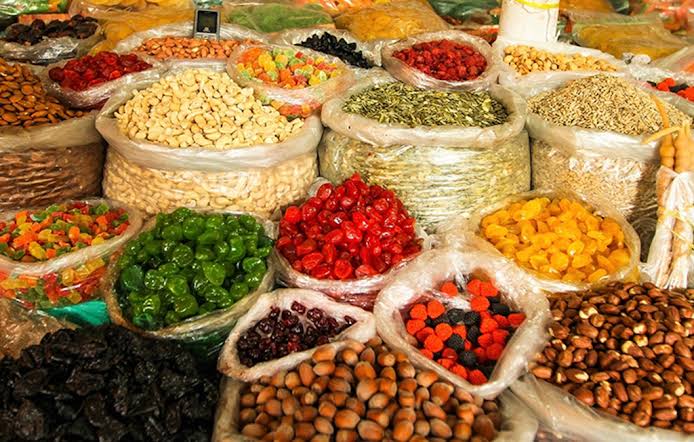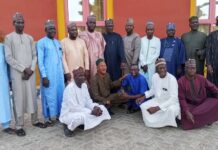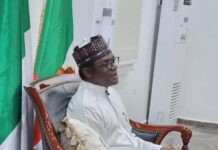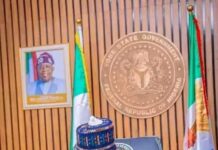Gombe gov’t urged to increase investment towards food security
Story from Najibullahi ADAMU, Gombe
Stakeholders in the agricultural sector in Gombe State have urged the state government to increase investment in the sector in order to tackle emerging threats to food security in the state and country.
They made the call on Thursday at the end of a one-day National Stakeholders Consultative Meeting on the 2023 Agriculture Budget.
The meeting was organised by the Gombe State chapter of Smallholder Women Farmers Organisation of Nigeria (SWOFON), Hope Foundation for the Lonely in collaboration with the Ministry of Agriculture and Animal Husbandry, Ministry of Finance and Economic Development, Gombe, with support from ActionAid Nigeria.
The stakeholders raised the alarm over some emerging threats to food security in the state which if not effectively tackled could impact negatively on efforts to ensure food availability in the state and country.
In a communiqué read to newsmen at the close of the meeting, the stakeholders stressed that the Nigerian food sector was facing new challenges such as ongoing Ukraine – Russia war which is affecting input prices and availability of staples such as wheat.
According to them, with the challenges of increased armed banditry, farmer-herder clashes, climate change, flood, hazardous pesticides, and gender inequality persisting, both the Gombe State and the Federal Government need to re-strategise measures towards eliminating these challenges if the state and country were to record growth in the agriculture sector.
“We call on the Gombe State Governor and the State House of Assembly to scale up public investment in agriculture and ensure timely consideration, passage, and total budget releases as a strategic approach to increase food production, reduce hunger and poverty and achieve the Maputo/Malabo Commitments.
“The state government needs to increase the budgetary allocation of the smallholder’s women farmers’ in 2023 to at least one hundred million Naira (N100million) and ensure timely release.
“The issue of non-release of budget line allocated to Smallholder Women Farmers (SWOFON) in the 2022 State Agriculture budget should be addressed.
“The state and local governments should allocate more public investments in agriculture to address the strategic areas of investments that would increase the agricultural GDP to at least 6%.
“These strategic areas of investments include extension services, access to credit, women in agriculture, youth in agriculture, appropriate labour-saving technologies, inputs, post-harvest losses reduction supports (processing facilities, storage facilities, training, market access), climate resilient sustainable agriculture (CRSA)/agro-ecology, research and development, monitoring and evaluation, as well as coordination.’’
The stakeholders maintained that it was imperative for such investments to be made in view of the contribution of the sector to Nigeria’s Gross Domestic Product.
According to them, in spite of the challenges facing the Nigerian agricultural sector, the sector remains the largest contributor to Nigeria’s GDP in the 2nd quarter of 2022 at 23.3%; beyond the contributions of Trade (16.8%), Telecommunication (15%), Manufacturing (8.7%) and the Oil and Gas sector (6.3%).
They stated that the sector, with proper investments, was capable of changing the economic status of the country for good as the agriculture sector has the largest potential to lead millions of Nigerians out of poverty.
Follow the Neptune Prime channel on WhatsApp:
Do you have breaking news, interview request, opinion, suggestion, or want your event covered? Email us at neptuneprime2233@gmail.com





